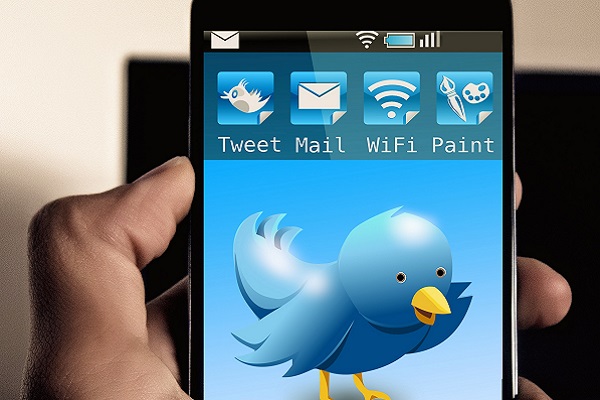
Twitter Updates Rules Against Hateful Conduct
- By Alison Lesley --
- 10 Jul 2019 --

Twitter will remove tweets dehumanizing religious groups
Twitter announced that it would soon update its policy against hateful conduct. In their message, the social media giant said it would start covering posts dehumanizing individuals based on their religion.[/tweetit]
Twitter becomes the third social media platform to take this stand after Facebook, and YouTube took action to curb hate speech. Critics, however, say such a move will still be ineffective.
Twitter Updates Rules Against Hateful Conduct[/tweetthis]
The update will be an inclusion in Twitter’s policies that bar the promotion of harassment, threats, and violence targeting persons in protected groups. To clear their actions, the social site was quick to add that what many might consider being abusive tweets may not in actuality violate set rules and guidelines. They, however, suggested that the new policies set to take effect by banning dehumanizing language is a step towards a more cohesive platform.
In a blog post, the social network wrote that they would relentlessly create rules that will keep people safe on Twitter and that the practices continue evolving to reflect current world realities.
The rules will lay more focus on addressing risks associated with offline harm. Research showed that dehumanizing language exacerbates the risk. Twitter highlighted several tweets examples that will violate the rules.
The company gave a clear indication that it will not automatically flag offending posts; however, it will review the same when and if they get reported by users. Starting July 9, 2019, Twitter will require dehumanizing posts get pulled from the platform.
Flagged tweets before the new policies came into effect will still require deletion. They will, however, lead to the account getting suspended since the tweets were updated before the new rules came into effect.
Twitter updates rules against hateful conduct
<<< Thank you, @Twitter. This matters! #internetsafety #family #digicit https://t.co/OIsGWlLxMj— Toni Birdsong (@tonibirdsong) July 10, 2019
Twitter’s new policies mimic rules already set in place by other giant social media sites. Facebook’s policies prohibit dehumanizing inferiority speech and statements aimed at specific groups of people. The policies ban such derogatory remarks aimed at racial, ethnic, and religious affiliations.
YouTube condemns and deletes dehumanizing language directed at individuals and groups based on religion, nationality, and sexual orientation.
How social networks go about enforcing these rules is heavily criticized.
Many civil rights groups and various other advocates question the processes in which platforms such as Facebook will effectively monitor harassment, hate speech, and misinformation.
For now, Twitter’s new policies against dehumanizing language will cover religious groups; however, in due time, they will expand to various protected classes. But before the expansion, the company will have to assess numerous factors such as the best ways to protect conversations in marginalized groups.



















